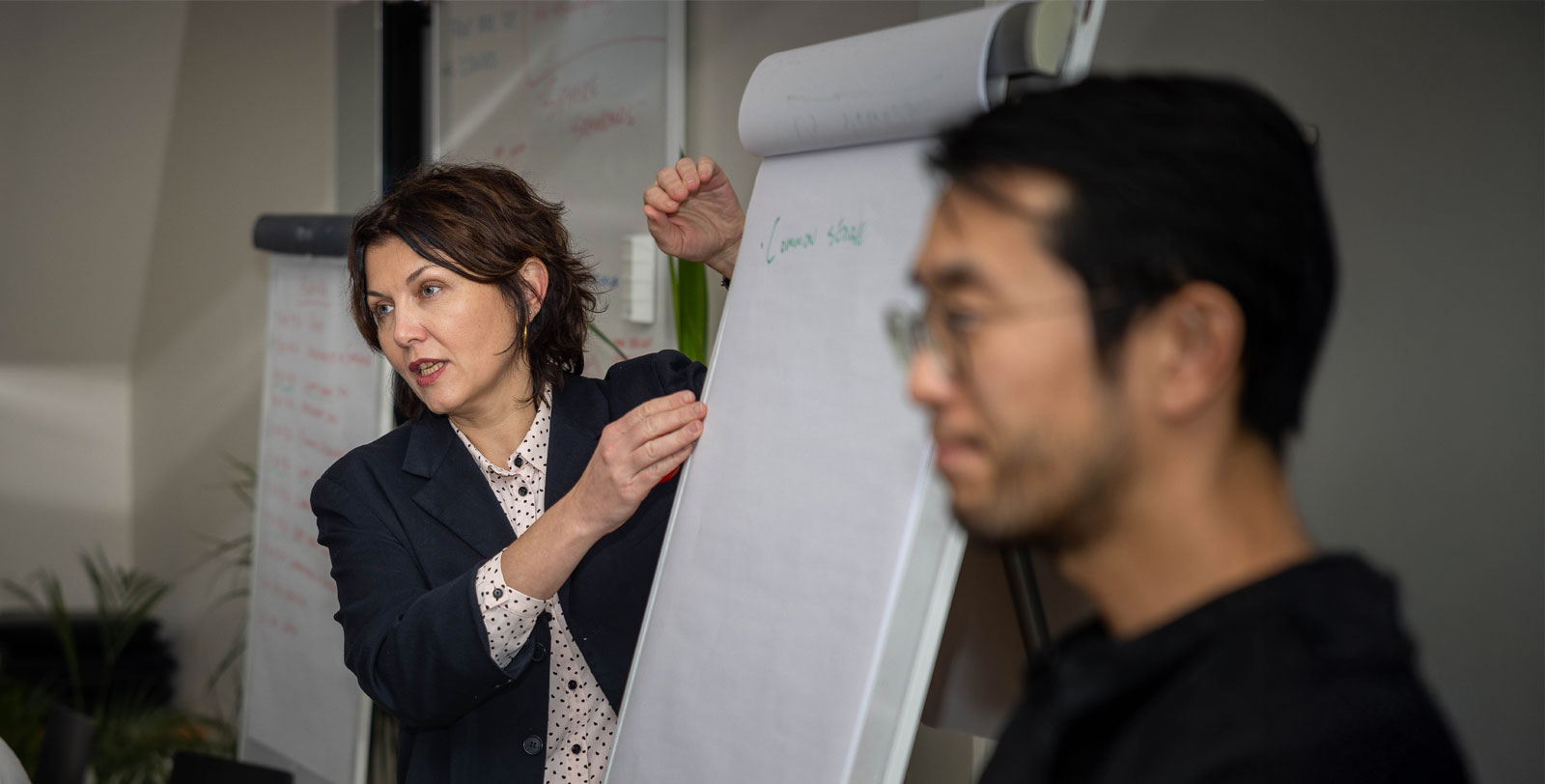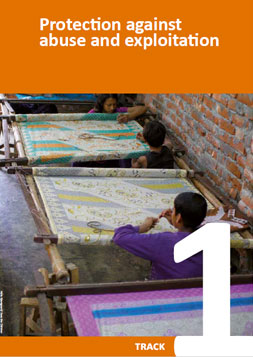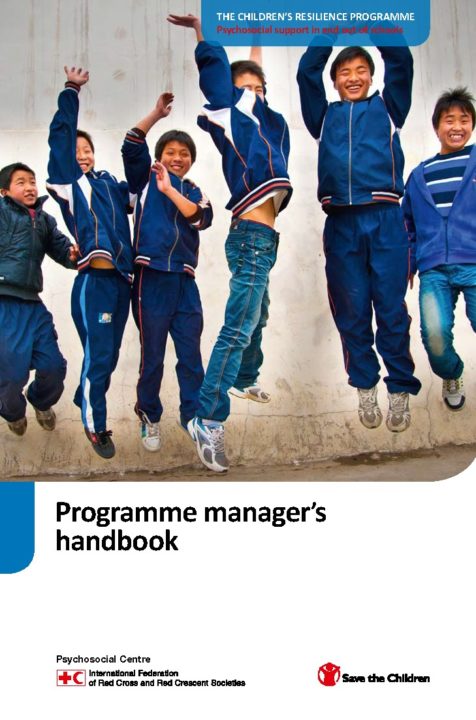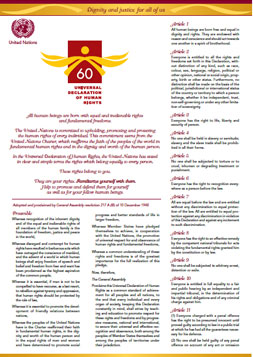The children’s resilience programme recognizes that children’s wellbeing is influenced by their interaction with their parents and caregivers, their peers and with others in their community environment. The programme therefore covers all these areas of children’s lives to help improve their wellbeing and their resilience. This is done through children’s workshops that focus on supporting the children’s inner strengths and their social interactions with others. It also involves meetings with parents and caregivers, promoting their understanding of the challenges their children are facing, and providing them with skills to support their children. As a whole, it involves working with the entire community to identify ways to improve the environment the children live in, and especially to improve child protection systems.
This zipped file, consists of the workshop tracks:
- Abuse and exploitation: This series of workshops has been developed for working with children in high-risk communities, where it is known that rates of child abuse and exploitation are extremely high, and that children face these risks in their daily lives. The workshops in this series aim to address emotional issues faced by children who have been abused, whilst also raising awareness of risk and aiming to prevent future abuse. The prevention aspect means these workshops can also be held in low-risk communities, with the primary aim of raising awareness and preventing abuse.
- Armed Conflict: This series of workshops has been developed for working with children who have lived, or are still living, in armed conflict situations. The workshop series aims to address the social and emotional challenges these children are facing every day.
- Disaster: This series of workshops has been developed for working with children who have survived a disaster, or are living in an ongoing disaster situation. Disasters, in this context, include both man-made and natural disasters.
- HIV and AIDS: This series of workshops has been developed for working with children who live in communities with a high prevalence of HIV and AIDS.






